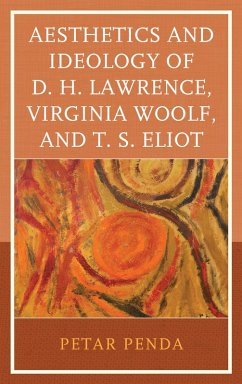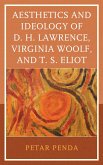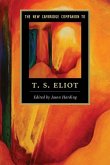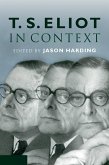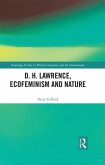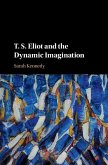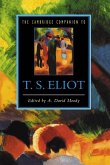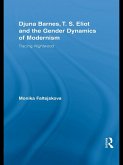Scrutinizing the aesthetic and ideological in the works by Lawrence, Woolf, and Eliot, this book gives a different perspective on Modernism and what are considered to be its principal features. In that respect, fragmentation, disunity, relativity of things, break with tradition, as well as the depiction of life's disorder, are disputed and seen as aesthetic means for the promotion of certain ideologies. Aesthetics and Ideology of D. H. Lawrence, Virginia Woolf, and T. S. Eliot offers a smooth transition from general discussion and revision of some fixed concepts related to Modernism, through individual authors and their major works to the conclusion where the main findings are summarized and further explicated. Apart from dealing with Modernism in general, Aesthetics and Ideology of D. H. Lawrence, Virginia Woolf and T. S. Eliot presents a somewhat different view on the authors it deals with. They are not only seen as opponents of established religious, political, and social views, but to a certain extent as their perpetrators. This duality concerning their stances is reconciled by their insisting on the aesthetic unity.
Bitte wählen Sie Ihr Anliegen aus.
Rechnungen
Retourenschein anfordern
Bestellstatus
Storno

